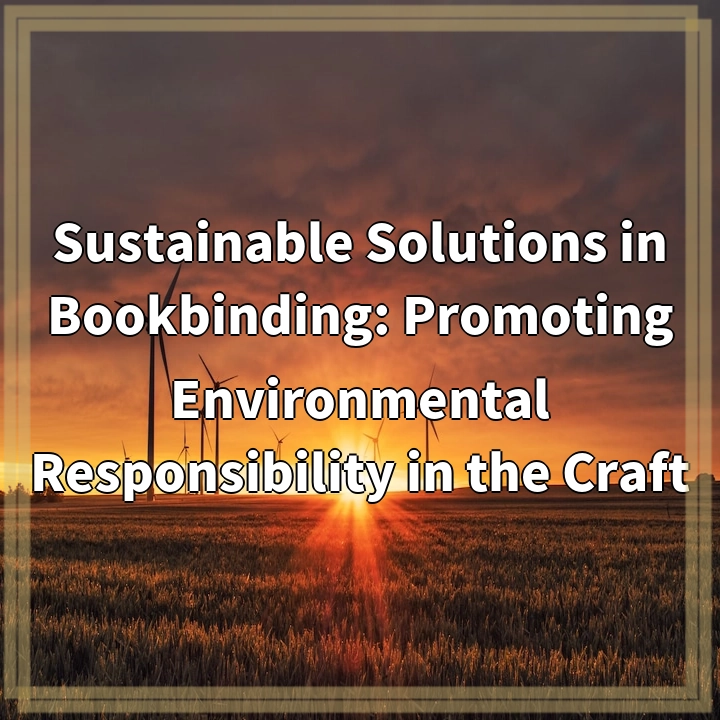
What is Sustainable Tourism?
Sustainable tourism refers to a responsible approach to travel and tourism that aims to minimize negative impacts on the environment, culture, and society, while maximizing the benefits for the destination and local communities. It is a holistic approach that takes into consideration environmental, social, and economic aspects of tourism.
Real-World Problems Associated with Sustainable Tourism
Overtourism
One of the major challenges of sustainable tourism is overtourism. It occurs when a destination becomes overwhelmed with an excessive number of tourists, resulting in negative impacts on the environment, local communities, and infrastructure. Overtourism can lead to overcrowding, strain on resources, increased pollution, and loss of the cultural authenticity of a place.
Environmental degradation
Another significant problem is the environmental degradation caused by unsustainable tourism practices. Activities such as uncontrolled development, overconsumption of natural resources, pollution (e.g., waste generation and improper waste disposal), and disturbance of habitats and ecosystems can harm fragile environments and threaten biodiversity.
Cultural and social impact
Sustainable tourism also addresses the potential negative effects on local communities and cultural heritage. Mass tourism can lead to the commodification and commercialization of traditional cultures, loss of traditional practices and values, and increased inequality and gentrification. Preservation of cultural heritage and the involvement and empowerment of local communities are crucial for sustainable tourism.
Economic dependence
Many destinations heavily depend on tourism for economic growth and employment opportunities. However, an over-reliance on tourism can create economic vulnerability, as fluctuations in visitor numbers and economic downturns can greatly affect the local economy. Diversification of the economy and promotion of sustainable livelihoods are important for reducing this dependence.
Climate change
Climate change poses a significant challenge for sustainable tourism. Rising temperatures, extreme weather events, and sea-level rise can impact natural attractions, coastal areas, and fragile ecosystems. It is essential for the tourism industry to adapt to these changes, reduce greenhouse gas emissions, and support climate-resilient practices.

Solutions to Sustainable Tourism Challenges
Managing Tourism Flows
To address overtourism, destination management organizations and governments should implement effective strategies to control visitor numbers. This can include regulating access to popular sites, promoting off-peak travel, and diversifying tourism offerings to distribute visitors more evenly throughout the destination.
Implementing Sustainable Practices
Adopting sustainable practices is crucial to minimize the environmental impact of tourism. This can involve promoting waste reduction and recycling, promoting energy-efficient infrastructure, and encouraging the use of renewable energy sources. Destination stakeholders should collaborate to develop and enforce sustainability guidelines and certifications for businesses operating in the tourism sector.
Preserving Cultural Heritage
To protect and preserve cultural heritage, it is important to involve local communities in decision-making processes. Educating tourists about local cultures and encouraging respectful behavior can help preserve traditional practices. Supporting community-based tourism initiatives can also provide economic opportunities for local communities and reduce the negative social impacts of tourism.
Diversifying the Economy
Reducing economic dependence on tourism can help mitigate the economic vulnerabilities associated with the industry. Governments and local authorities should focus on fostering other industries, such as agriculture or manufacturing, to provide alternative sources of income. This can help create a more resilient and sustainable economy.
Adapting to Climate Change
To address the impacts of climate change, the tourism industry should prioritize adaptation and mitigation measures. This can involve investing in sustainable infrastructure and practices that can withstand extreme weather events, promoting low-carbon transportation options, and supporting initiatives that restore and protect natural habitats.
By implementing these solutions and working collaboratively, sustainable tourism can be achieved, ensuring that travel and tourism contribute positively to both local communities and the environment.















